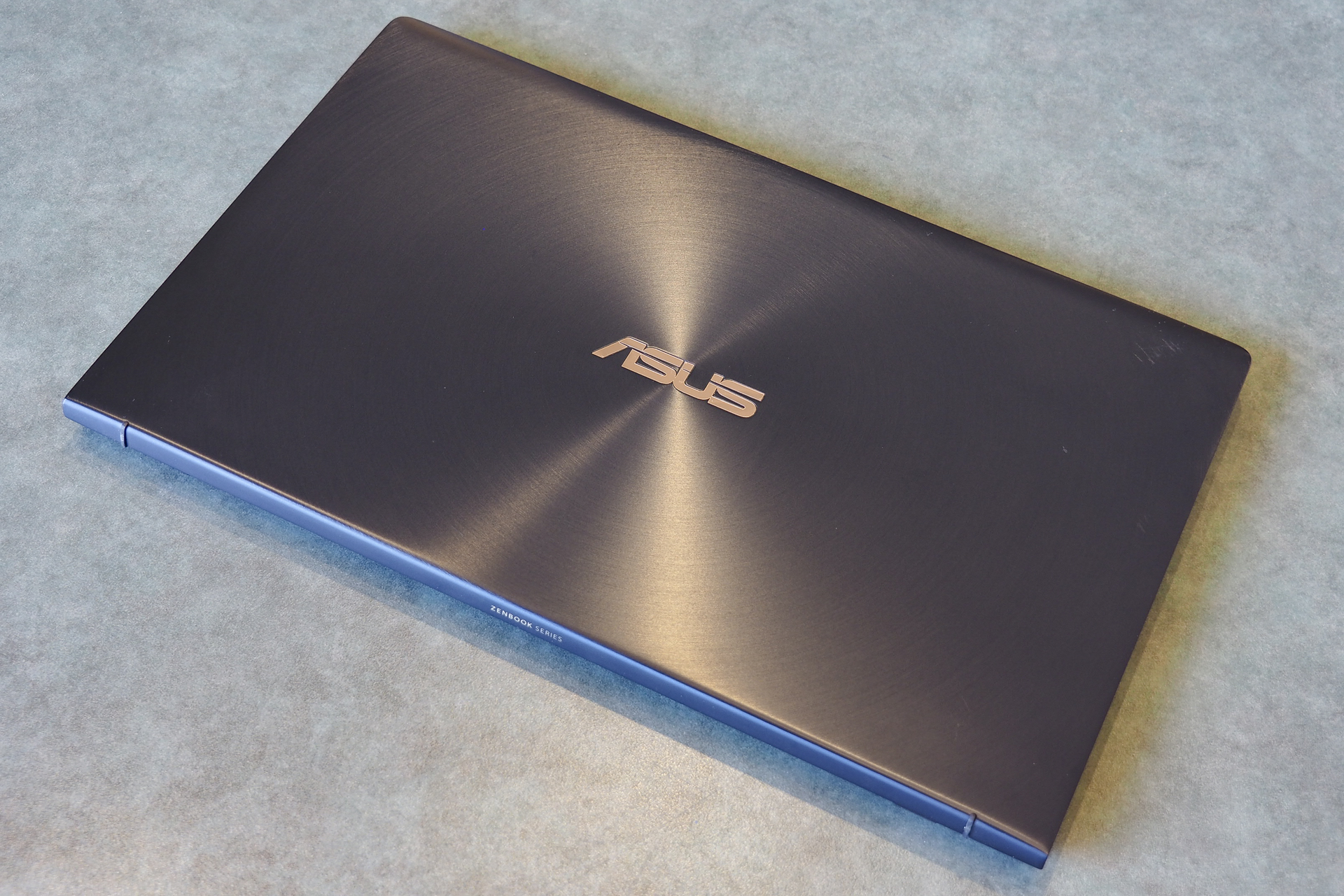
If you own an Asus computer, your system might have been infected by malware distributed from the tool you typically use to update BIOS and install other important security patches. That’s all according to a new report from researchers at the Russian-based cybersecurity company, Kaspersky Lab.
The initial hack was first discovered in January and, in the period of five months, could have impacted up to one million different computers. According to Kaspersky, hackers apparently leveraged a back door attack and modified the ASUS Live Update Utility so it delivered a payload with malware — making it seem as though it was coming from official sources.
The backdoor was given the name “ShadowHammer” and peaked between June and November 2018. Up to 57,000 people using Kaspersky software were impacted, though it is believed that only 600 specific computers were originally intended as targets. Hackers even went as far as to ensure that the files were signed with authentic digital certificates — and to make sure that file sizes were the same size as ones distributed by Asus.
In response, Asus has released an online security diagnostic tool which helps check for affected systems. The company encourages users who are concerned to run it as a precaution. A fix in the latest version (3.6.8) of the Live Update Software addresses the issue and introduces multiple security verification mechanisms and end-to-end encryption to prevent malicious manipulation in the form of security updates.
Asus has also updated and strengthened its server-t0-end user software architecture to prevent similar attacks from happening in the future.
“Asus Live Update is a proprietary tool supplied with ASUS notebook computers to ensure that the system always benefits from the latest drivers and firmware from ASUS. A small number of devices have been implanted with malicious code through a sophisticated attack on our Live Update servers in an attempt to target a very small and specific user group,” said Asus in a statement.
Other than Kaspersky Lab, Symantec, a cybersecurity firm based in the United States, also confirmed the discovery of the ShadowHammer malware. According to a report from Motherboard, up to 13,000 computers running Symantec software were impacted.
This type of supply-chain attack is not necessarily new. Back in 2017, the popular CCleaner system maintenance application was found to have distributed malware to millions of computers through its official channels. That was eventually patched, but not before the attacks went on for a period of 22 days. These attacks are also designed to reduce trust in legitimate sources and institutions.
Updated on March 27 with a statement from Asus, and additional information on online security diagnostic tool


